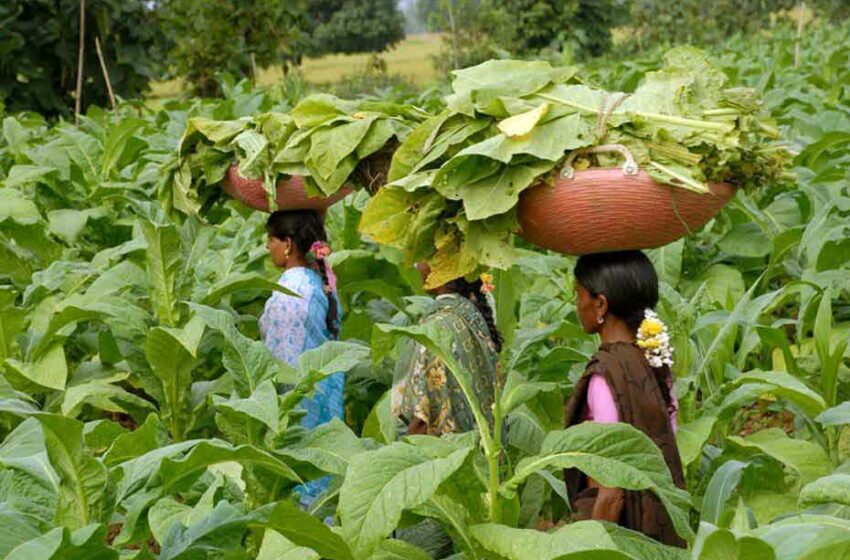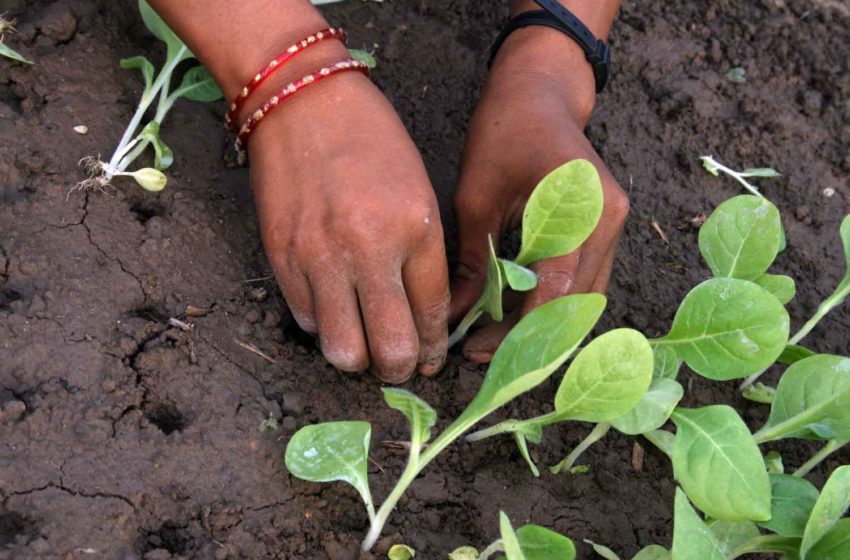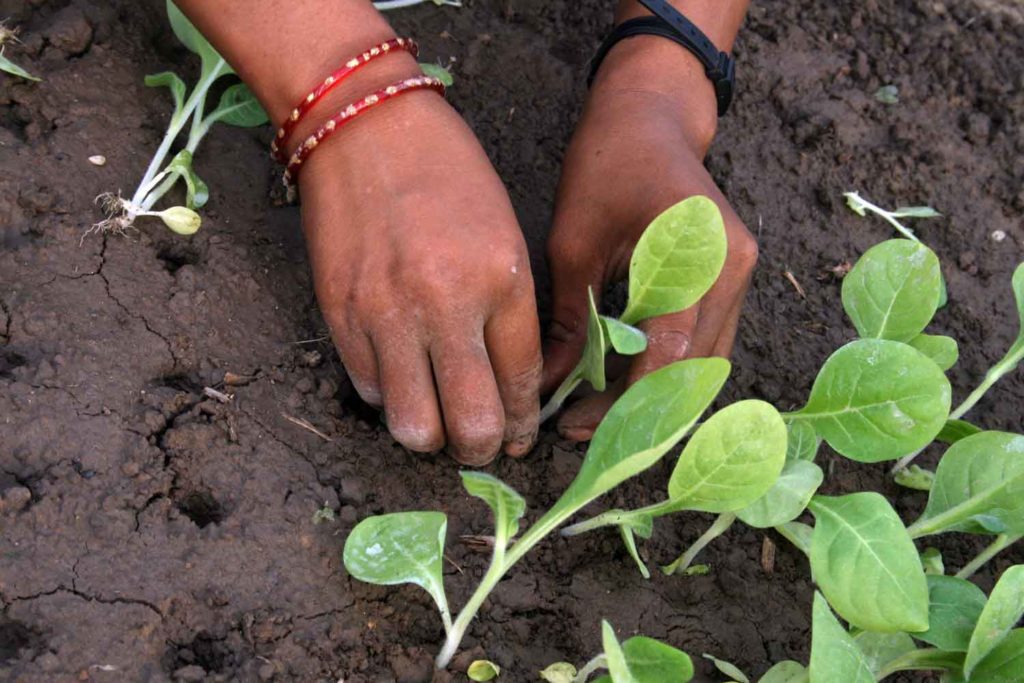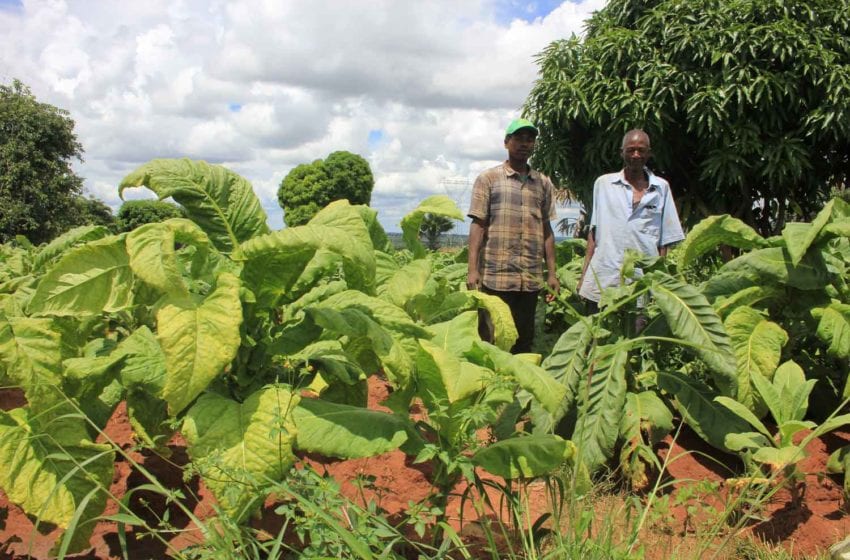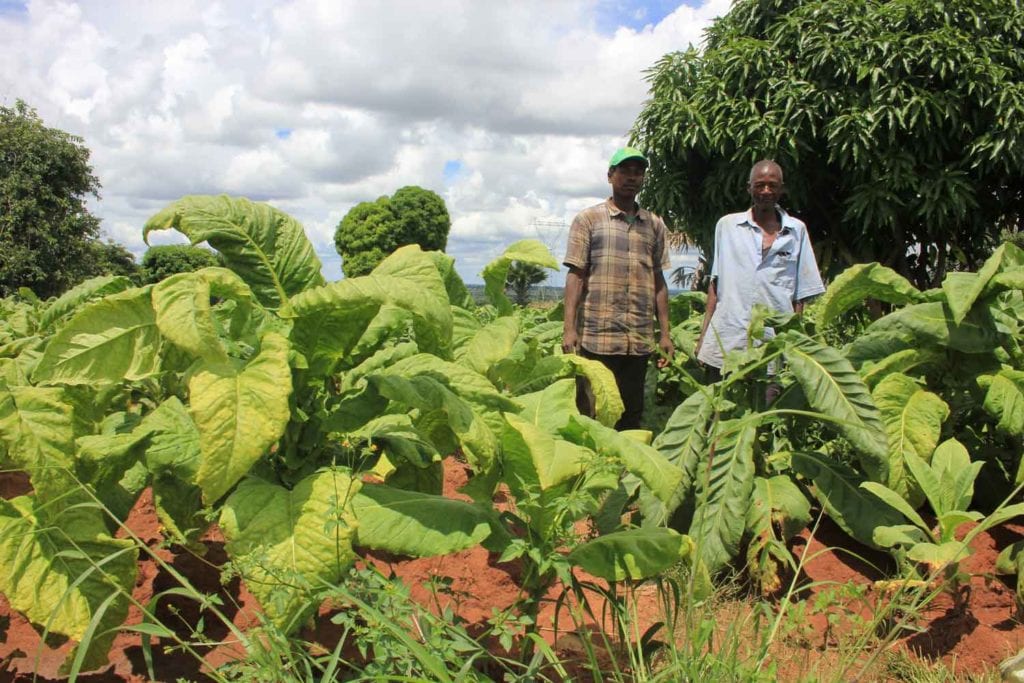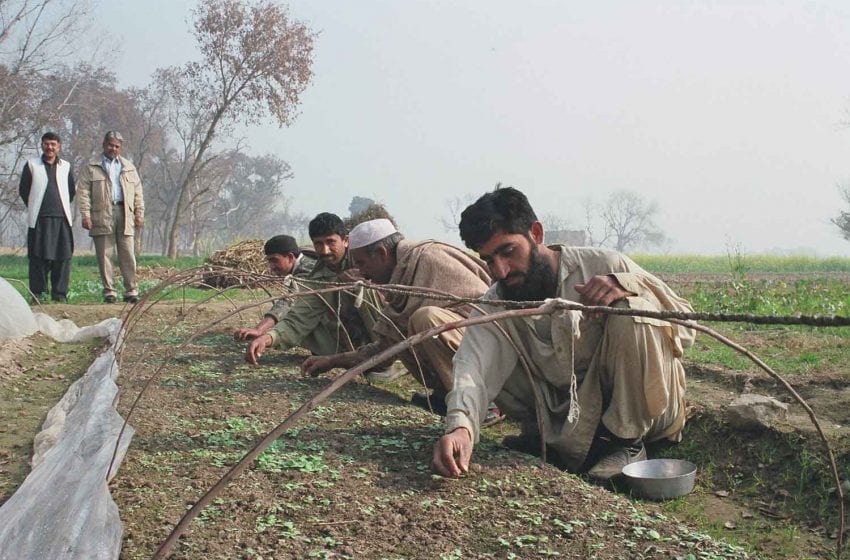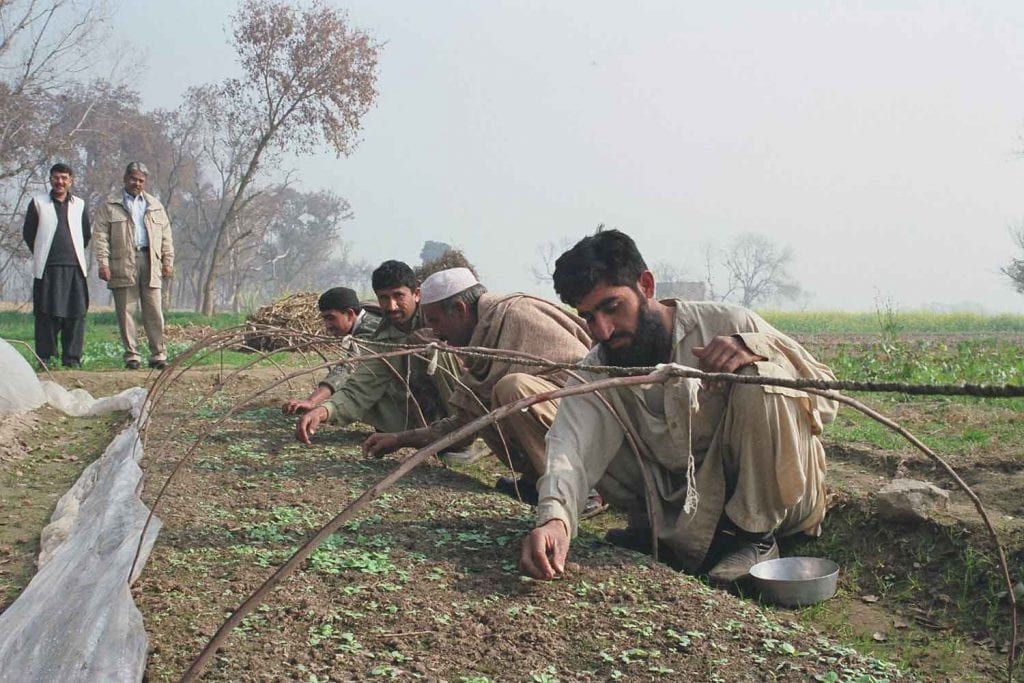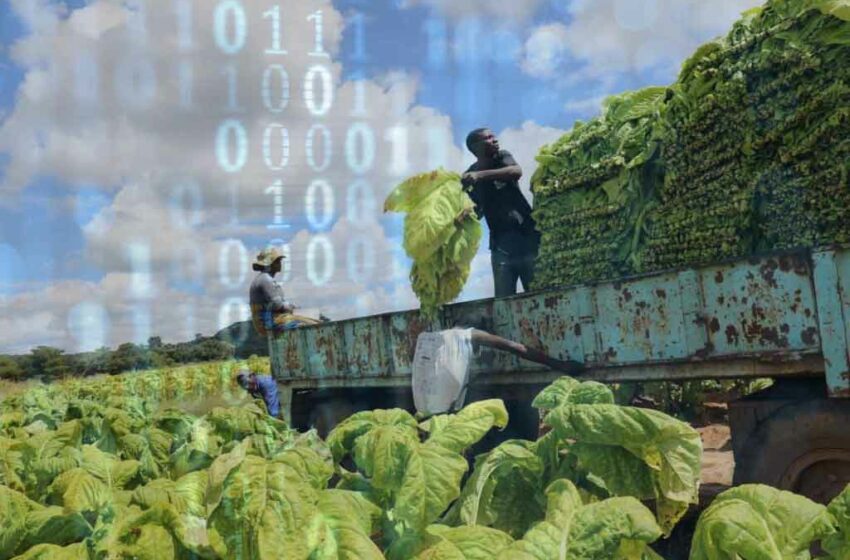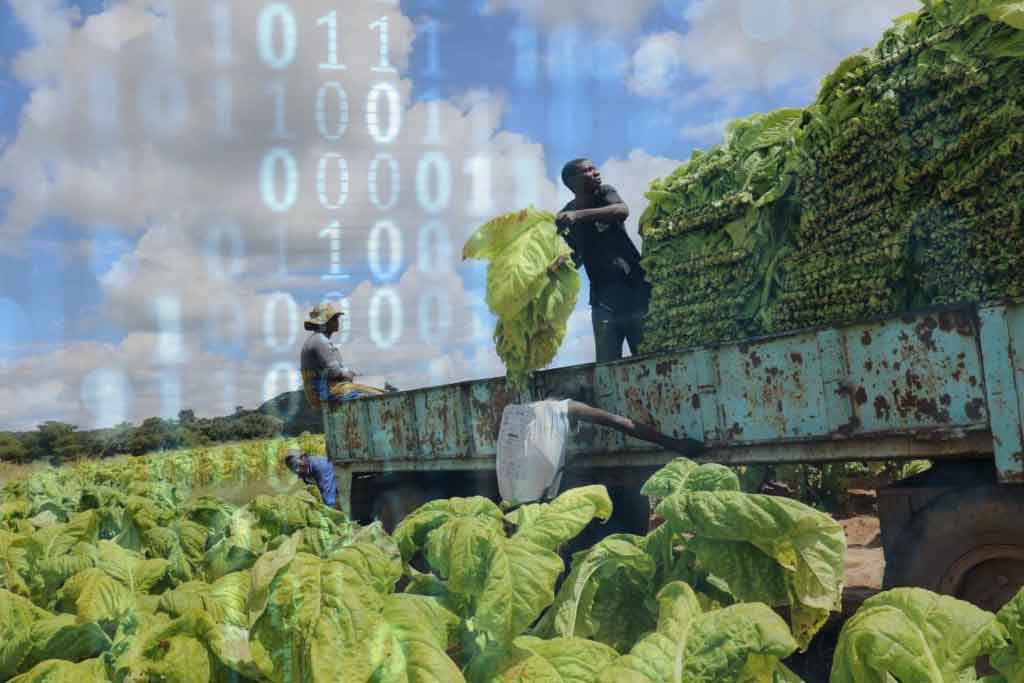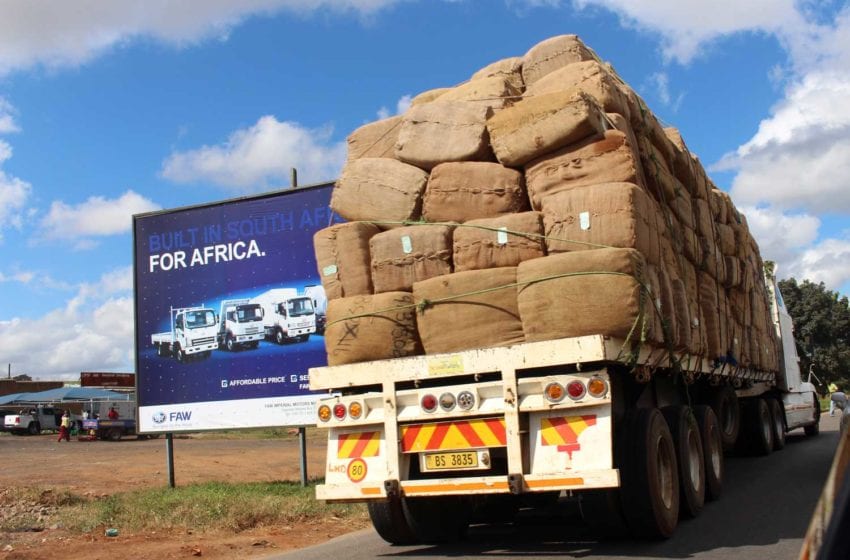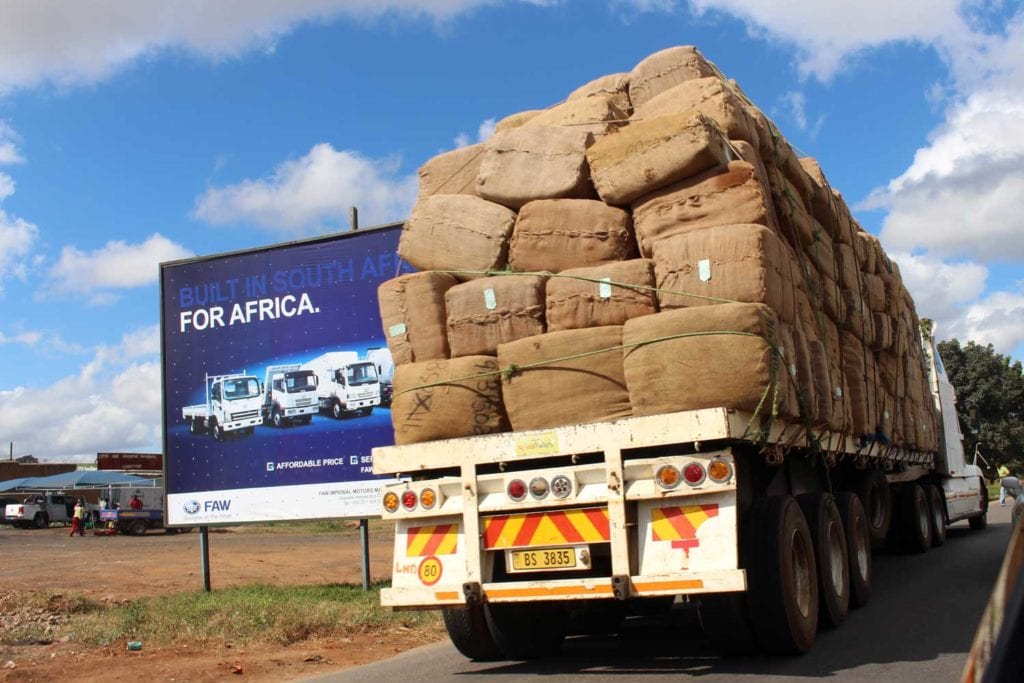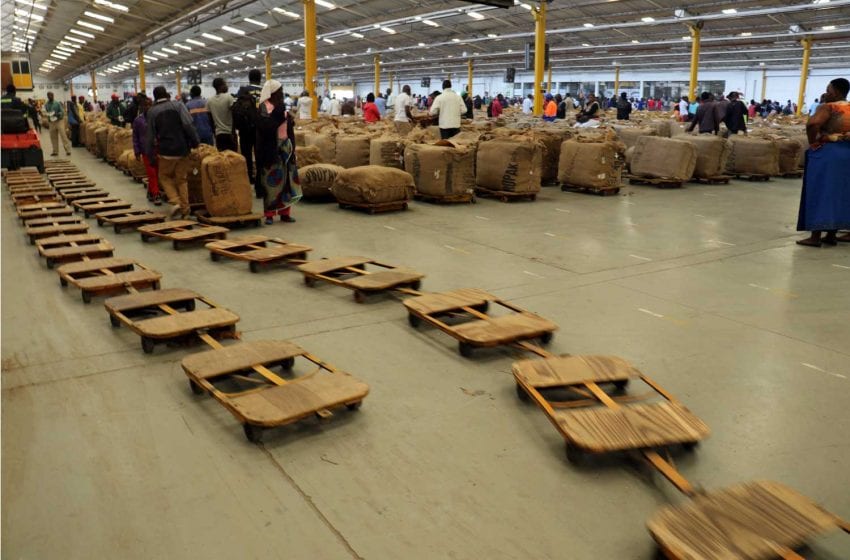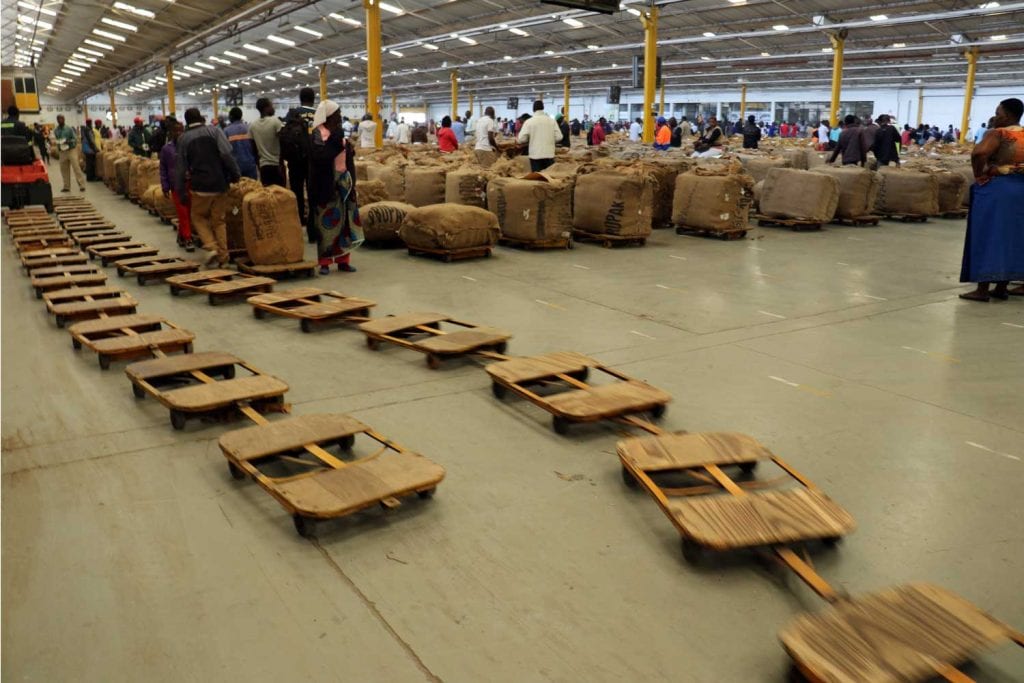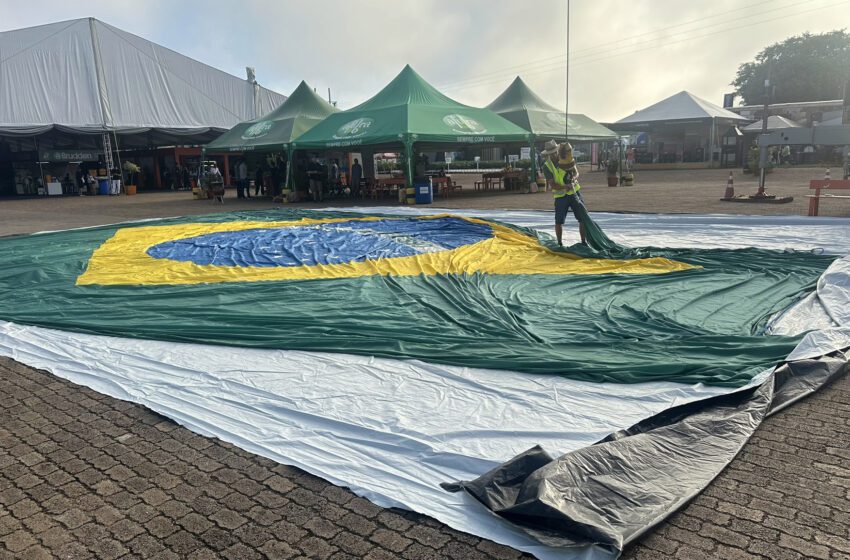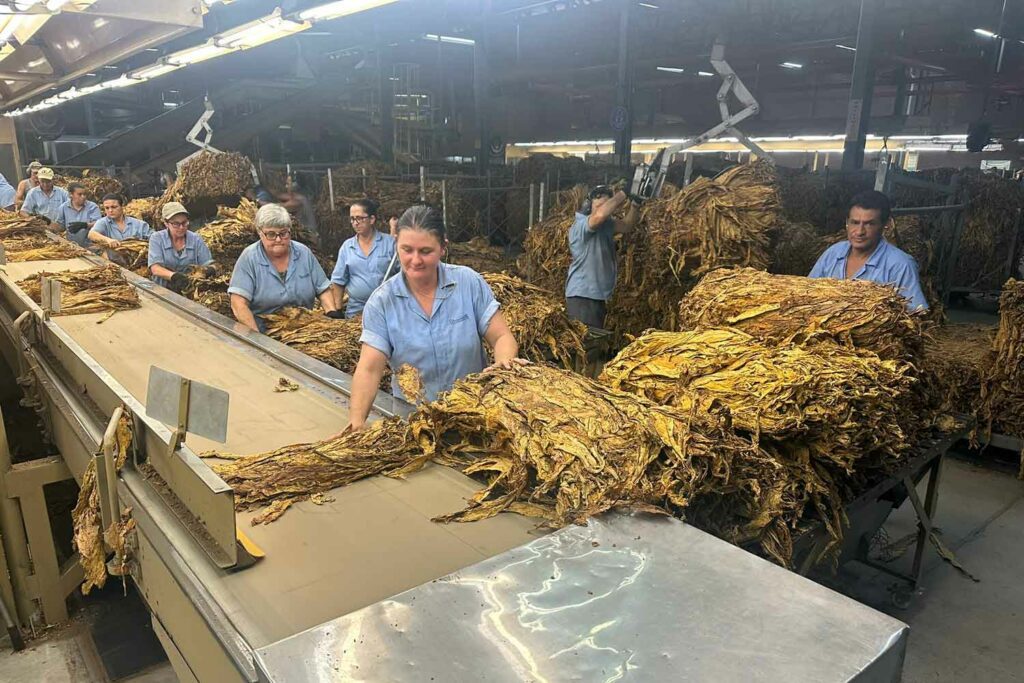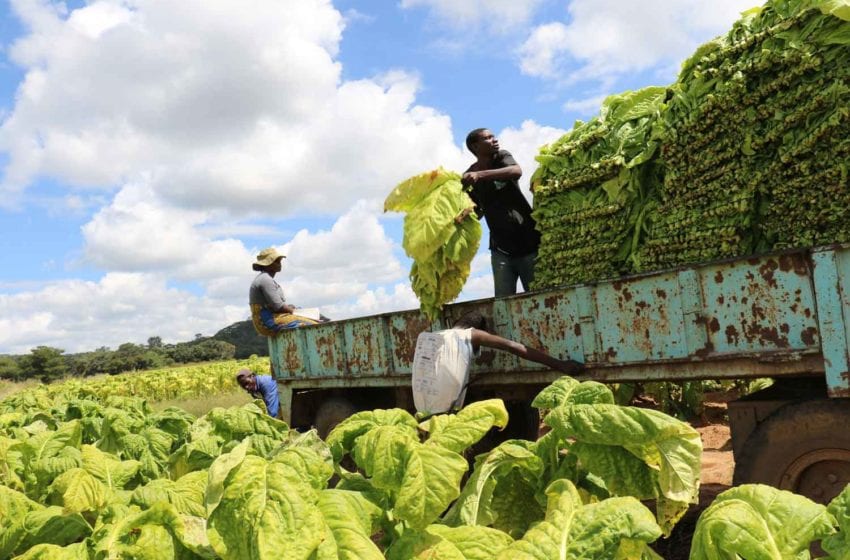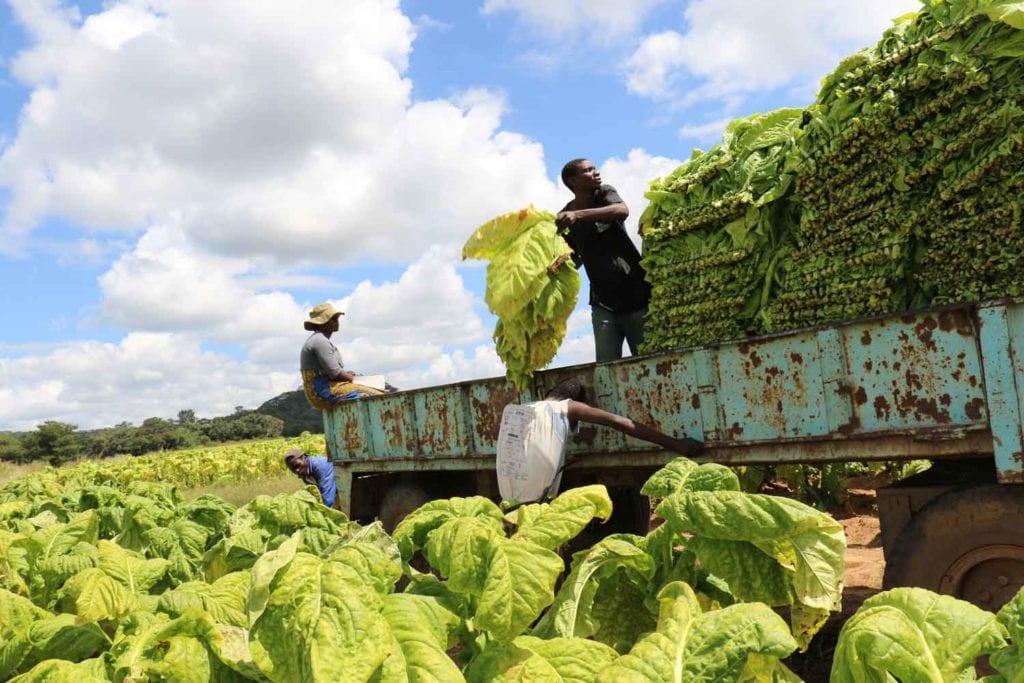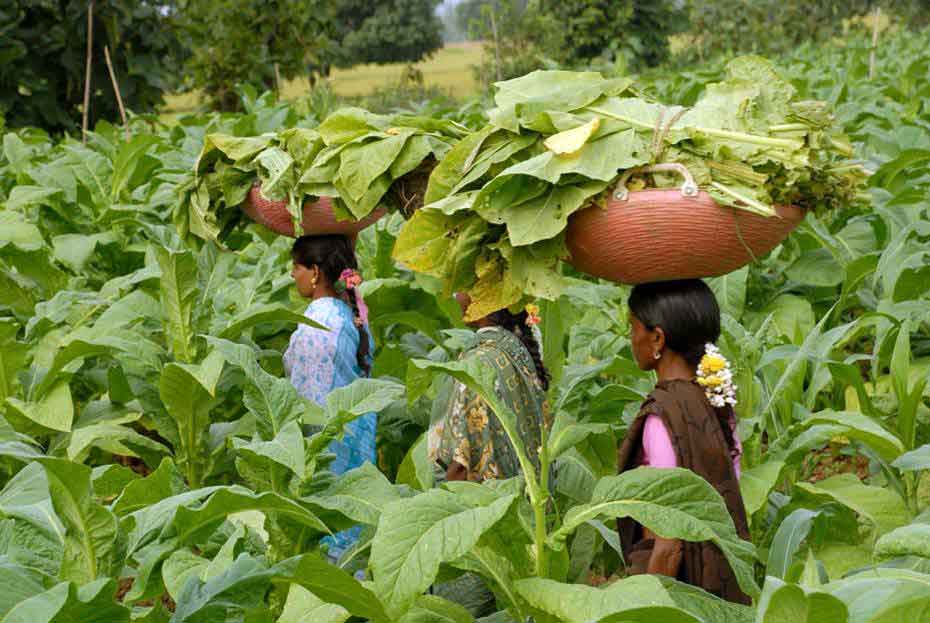
Tobacco yields per hectare in Bangladesh have increased more than 20 percent over the past five years thanks to improved agricultural practices, reports The Daily Star.
In 2018–2019, growers harvested an average of 2.04 tons per hectare. By the 2022–2023 season, the figure has increased to 2.46 tons per hectare, according to the Department of Agricultural Extension (DAE). In 2009–2010, per-hectare production was only 1.41 tons, according to World Bank data, which means per-hectare tobacco production has gone up by about 73 percent in 14 years.
The gain has been achieved by the introduction of high-yielding varieties and the application of chemical fertilizers and pesticides, according to experts.
Tobacco is a major cash crop in Bangladesh, the world’s 12th largest tobacco grower as of 2020, according to the University of Bath. In 2022–2023, the country grew 65,227 tons of tobacco on 26,475 hectares, representing roughly 1 percent of the total arable land in the country, DAE data show.
The domestic tobacco industry generated more than BDT325.02 billion ($2.77 billion) in revenue from cigarette sales in the most recent fiscal year, an 8 percent increase from the previous year, according to NBR data. Bangladesh also exports a significant volume of unmanufactured tobacco. In 2022, Euromonitor International estimated the Bangladeshi tobacco market to be worth nearly BDT420 billion.
According to a study by the Policy Research Institute of Bangladesh, tobacco farmers earn around 30 percent more than nontobacco farmers. The return from tobacco is about 18.6 percent higher than that from rice and about 33 percent higher than that from jute.
Critics blame tobacco production for its impact on soil, water and air. According to the World Health Organization, each cigarette emits nearly 14 grams of CO2 over its life cycle. Producing 300 cigarettes requires about one tree for curing leaf and making cigarette papers. In the case of Bangladesh, tobacco farming accounts for over 30 percent of annual deforestation, according to a study by PATH Canada.

